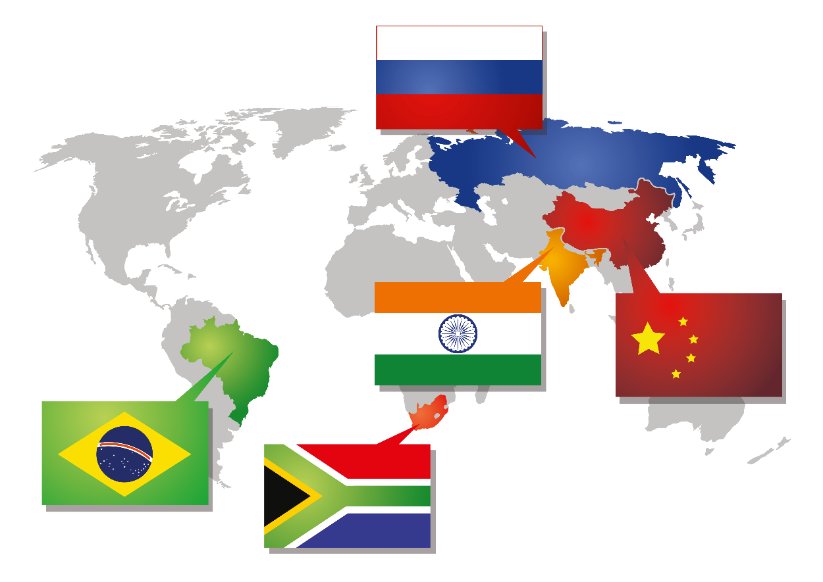BRICS Abandon US Dollar – Fact Check

BRICS Abandon US Dollars
BRICS to Officially Ban U.S. Dollar-Fact Check
Rumors About BRICS and the US Dollar
There is a rumor circulating on the internet stating, “BRICS Abandons US Dollar”. According to certain sources, the Brazilian president has suggested that the BRICS economic bloc is considering moving away from the US dollar in their trade transactions.
Misinformation on the Web
However, if you come across such a claim online, the information is misleading. Contrary to the circulating rumors, there has been no formal announcement by the BRICS nations regarding an abandonment of the US dollar in trade settlements. These rumors are devoid of any concrete statements from the BRICS nations supporting such a move.
The Origin of the Rumor
The root of these claims can be traced back to a proposal made by Brazil’s President, Luiz Inacio Lula da Silva, during a recent BRICS summit. However, this proposal did not receive unanimous endorsement from all BRICS nations, leaving its future implementation uncertain.
Potential New Reserve Currency
It’s worth noting that there have been ongoing discussions among the BRICS countries about introducing a new reserve currency, which would be backed by a mix of currencies from the BRICS nations. Nevertheless, these talks are still preliminary, and any concrete outcomes remain to be seen.
The Reality of BRICS Trade
Although the BRICS nations have been progressively using their native currencies in mutual trade, this shouldn’t be misconstrued as them sidelining the US dollar. The US dollar remains the dominant currency in global trade, and it’s implausible to believe the BRICS bloc would be able to replace its significance in the near future.
The articles suggesting that the BRICS countries are moving away from the US dollar are inaccurate. There’s no substantial evidence underpinning the claim. While BRICS nations might be aiming to diversify their currency use, the US dollar’s dominant role in international trade is undeniably prominent and is expected to remain so for the foreseeable future.
Officials from South Africa stated that a BRICS currency was not part of the agenda for the summit
On August 23, 2023, at a BRICS summit in Johannesburg, Brazil’s President Luiz Inacio Lula da Silva proposed the creation of a shared currency for the BRICS countries. This initiative is aimed at reducing their susceptibility to dollar exchange rate changes. However, experts and officials highlighted the challenges of this proposal due to the economic, political, and geographic differences among Brazil, Russia, India, China, and South Africa. Lule believes that the BRICS currency expands their payment choices and minimizes their susceptibilities
Will BRICS create their own currency?
It’s uncertain at this point. While there has been significant talk about the creation of a BRICS currency and momentum has been building in this direction, no clear model for such a currency has emerged. A single currency, similar to the Euro, seems unlikely at present as none of the BRICS nations have shown a desire to discontinue their local currencies. Instead, the immediate goal appears to be the creation of an integrated payment system for cross-border transactions among BRICS countries. In addition, tools like “BRICS pay” and discussions of a BRICS cryptocurrency or Central Bank Digital Currencies indicate steps towards de-dollarization. Despite these efforts, some past ambitious BRICS projects have not materialized, suggesting there are challenges ahead.
Why does BRICS want to create their own currency?
Several reasons contribute to BRICS’ interest in creating their own currency:
Dollar Dominance Criticism: All the BRICS nations have criticized the dominance of the US dollar in global finance. This dominance has been labeled as a major source of global economic instability, and there have been instances where dollar-centric decisions, like the Fed’s interest rate hike, were blamed for global financial disruptions.
-
-
- Political Sanctions: For countries like Russia, dollar dominance means vulnerability to sanctions that can affect their access to global financial networks like SWIFT and lead to the freezing of significant reserves held in dollars.
- Economic Independence: Leaders like Brazil’s Luiz Inácio Lula da Silva have aimed to reduce their country’s dependence on the US dollar to reduce economic vulnerability.
- Geopolitical Weapon: BRICS countries have criticized the use of economic sanctions, which are often tied to the dollar, as geopolitical tools.
-
Will BRICS impact the US Dollar?
There’s a divide in expert opinion regarding this. While some experts believe the dollar will remain dominant as most countries have no alternative, other experts believe that a coordinated effort by BRICS could challenge dollar dominance. While the creation of a BRICS currency alone may not immediately dethrone the dollar, the ongoing efforts of BRICS nations to coordinate their policies, innovate, and create alternative financial systems represent a shift in the global economic order. Even if a joint BRICS currency doesn’t materialize, their continuous push for de-dollarization and collaboration on other financial fronts could gradually reduce the world’s dependence on the US dollar.
In summary, while the future of a BRICS currency remains uncertain, the group’s ongoing efforts and collaborations signal a strong desire to reshape the current global financial order dominated by the US dollar.












